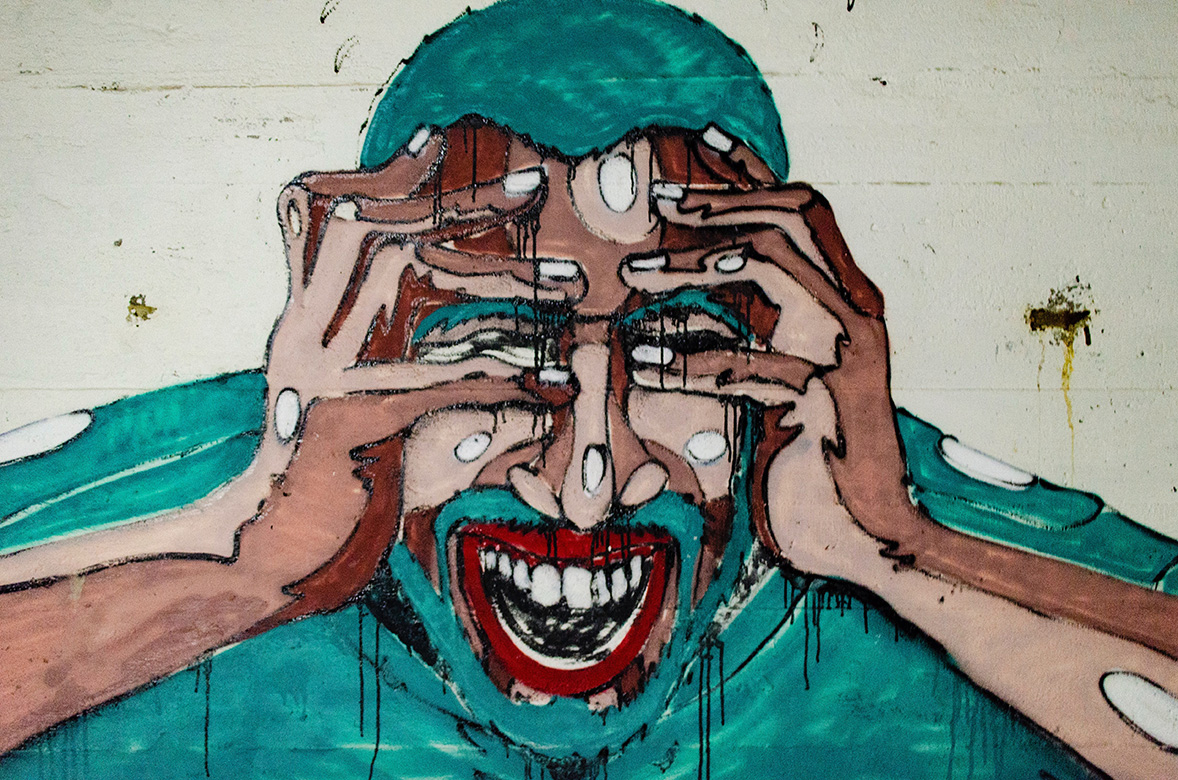
26 February 2019
Student Affairs will become an increasingly challenging profession with each passing year.
According to Dr. Jean Twenge, professor of psychology at San Diego State University and author of iGen: Why Today’s Superconnected Kids Are Growing Up Less Rebellious, More Tolerant, Less Happy and Completely Unprepared for Adulthood, ubiquitous access to cellphone and digital social networking platforms is changing values, habits, and relationships of incoming college students.
Twenge concludes that college and university officials need to adapt to a changing student population that is simultaneously less-equipped to manage their own lives and more willing to press their professors and administrators to prioritize diversity and equality as they draft their syllabi, lead class discussions, and develop co-curricular activities.
While many iGeners voice a strong preference for an inclusive campus community that is safe for all, they are riddled with anxiety when it comes to engaging others about their cultural, economic, and social differences.

Photo by Aarón Blanco Tejedor on Unsplash
If, as student affairs professionals, we are to effectively help this new generation to negotiate the myriad changes confronting them on and off campuses, we must be more innovative in how we support students and structure programs. We must rethink our established practices and adjust to students’ changing social and communication preferences. In short, we must become more innovative in preparing students for civic and communal engagement if we are to equip them with the skills they need to be change agents.
Meanwhile, as a profound generational shift ushers in a population of students who prefer Snapchat and texting as universal communications tools, I am increasingly concerned that many of our environmental and social ills will go unaddressed if we fail to motivate students to more actively engage their communities and the political process.
Addressing climate change and economic displacement will require political compromises and innovative solutions that thus far have eluded us. Tolerance may not be enough to prevent our clashing differences from metastasizing into unmanageable political disputes. We will either equip our students to see their differences as sources of inspiration and innovation or our cultural clashes will become extremely disruptive and trigger additional moves for social, if not, political separation.
Effectively attending to these issues and a litany of other black swan events that are bound to cross our paths requires civically and politically engaged students prepared to work creatively and collaboratively to transform their communities. Student affairs professionals have a significant role to play in supporting students as they learn the skills they will need for the next stage of their lives.
We created Emory’s Social + Justice Innovation Institute (S+JII) because the challenges we face to develop students into culturally humble and justice-oriented community members require us to be more innovative.
Social + Justice = Innovation
All of the issues discussed above require creation of shared spaces that welcome ideas and perspectives from different knowledge and social domains. We need to better understand the importance of the social networks shaping our lives and the need to make those networks more democratic and just if we are going to produce more innovative solutions to our problems.
We agree with adrienne maree brown when she argues in Emergent Strategy: Shaping Change, Changing Worlds that “compelling futures have to have more justice, yes; and right relationship to the planet, yes; but also must allow for our growth and innovation. I want an interdependence of lots of kinds of people with lots of belief systems, and continued evolution ... I want a future where we are curious, interested, visionary, adaptive.”
The Social+Justice Innovation Institute (S+JII) seeks to be a learning environment where participants plant the seeds of innovation that are needed to cultivate those adaptive, visionary, and compelling futures.
Ed Lee III, EdD
Curriculum Director & Lead Facilitator
Social + Justice Innovation Institute
References
brown, adrienne maree. (2017). Emergent Strategy: Shaping Change, Changing Worlds. Chico, CA: AK Press.
Twenge, J. (2017). iGen: Why Today’s Super-Connected Kids Are Growing Up Less Rebellious, More Tolerant, Less Happy--and Completely Unprepared for Adulthood--and What That Means for the Rest of Us. New York, NY: Atria Publishing Group.